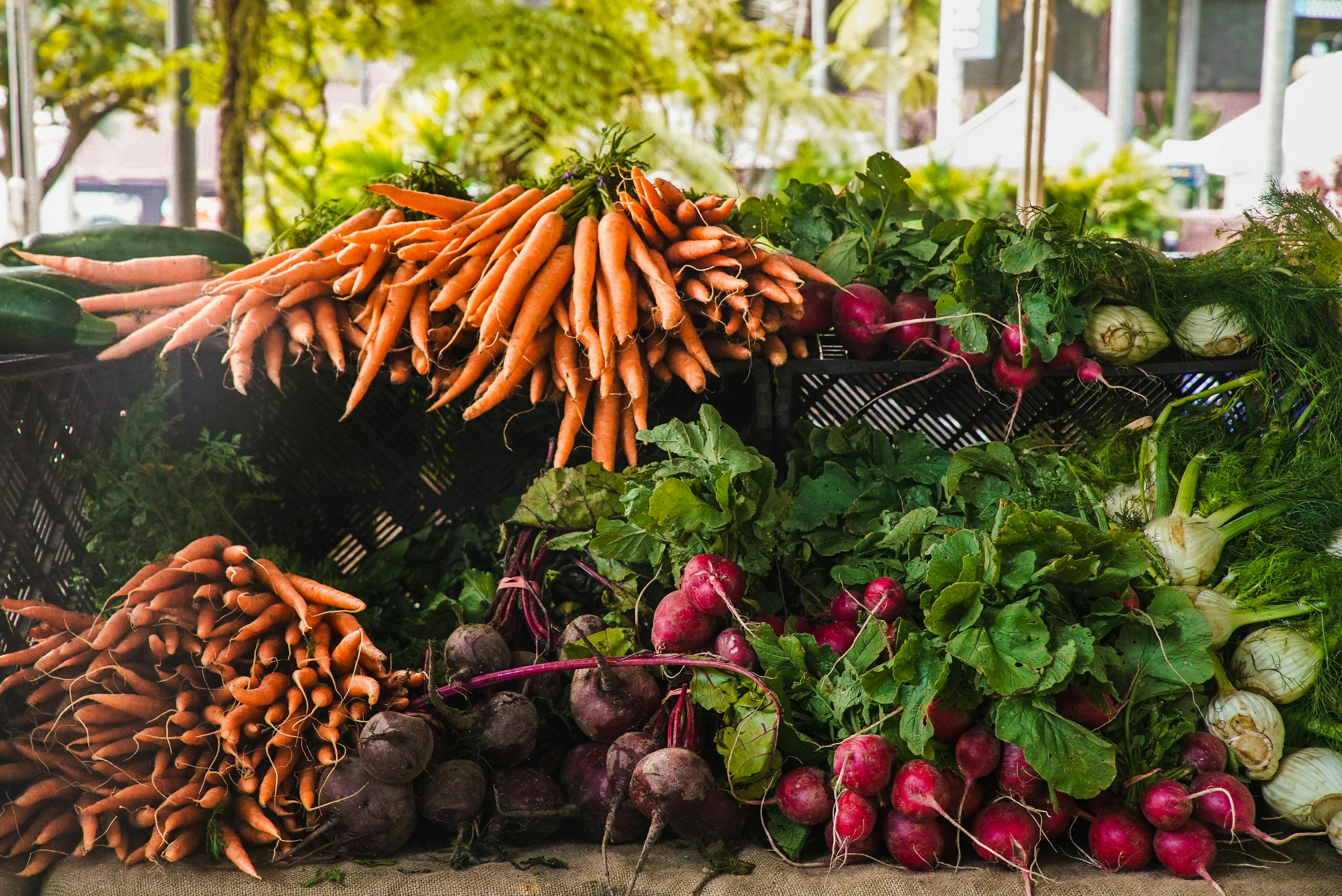Feb 12th 2024
Exploring the Power of Quercetin: A Natural Compound with Promising Health Benefits
In the realm of nutrition and wellness, there exists a plethora of compounds derived from plants that have increasingly been recognized for their potential health-promoting properties. One such compound, quercetin, has been gaining popularity in recent years in light of its remarkable antioxidant and anti-inflammatory properties and range of advantages for human health. Let's take a closer look.
What Is Quercetin?
Quercetin belongs to a class of plant compounds known as flavonoids, which are responsible for the vibrant colors in many fruits and vegetables. It is particularly abundant in foods such as apples, berries, onions, citrus fruits, and leafy greens. While quercetin is available in supplement form, obtaining it from natural food sources is often recommended as part of a balanced diet.

Antioxidant Powerhouse:
One of the most notable features of quercetin is its powerful antioxidant activity. Antioxidants are molecules that neutralize harmful free radicals in the body, thereby protecting cells from oxidative damage. Quercetin's ability to scavenge free radicals makes it a valuable ally in maintaining cellular health and combating the effects of environmental stressors.
Anti-Inflammatory Support:
Inflammation is a natural response by the body's immune system to injury or infection. While acute inflammation is necessary for healing, chronic inflammation can contribute to various health issues. Quercetin possesses anti-inflammatory properties that help modulate the body's inflammatory response, potentially reducing the risk of chronic inflammatory conditions.
Blood Vessel Aid:
Quercetin has been implicated in promoting cardiovascular health through multiple mechanisms. Its antioxidant properties help protect against oxidative damage to blood vessels, while its anti-inflammatory effects may contribute to a healthier vascular system. Additionally, quercetin has been studied for its potential to support healthy cholesterol levels, further bolstering its cardioprotective effects.

Immunity Modulation:
A robust immune system is essential for defending the body against pathogens and maintaining overall health. Quercetin has been shown to modulate immune function, enhancing the activity of immune cells and promoting a balanced immune response. By supporting the body's natural defenses, quercetin may help bolster resilience against external threats.
Brain Health Support:
Emerging research suggests that quercetin may have beneficial effects on brain health and cognitive function. Its antioxidant properties help protect brain cells from oxidative stress, while its anti-inflammatory effects may help preserve cognitive function with age. While further research is needed, the potential cognitive benefits of quercetin offer intriguing possibilities for supporting brain health throughout life.
Exercise Performance and Recovery:
For individuals engaged in regular physical activity, quercetin may offer support for exercise performance and recovery. Some studies suggest that quercetin supplementation can improve endurance, enhance exercise performance, and reduce muscle fatigue. Additionally, quercetin's anti-inflammatory properties may aid in post-exercise recovery, supporting muscle repair and reducing soreness.
Complexion Help:
Quercetin's antioxidant and anti-inflammatory properties extend to skin health as well. By neutralizing free radicals and reducing inflammation, quercetin helps protect the skin from damage caused by environmental stressors such as UV radiation and pollution. Furthermore, quercetin may support wound healing and help alleviate skin conditions, contributing to overall skin health and vitality.
Incorporating Quercetin into Your Lifestyle:
Fortunately, incorporating quercetin into your daily routine is simple and delicious. Many quercetin-rich foods are readily available and can be easily incorporated into meals and snacks. Fruits such as apples, berries, and citrus fruits, as well as vegetables like onions, kale, and broccoli, are excellent sources of quercetin. Additionally, herbs and spices such as parsley, thyme, and capers contain quercetin and can add flavor and nutritional value to your dishes.
Quercetin stands out as a remarkable compound with the potential to support various aspects of human wellness. To take advantage of quercetin’s antioxidant and anti-inflammatory properties as well as benefits for heart health, immune function, cognitive health, exercise performance, and skin health, add quercetin-rich foods into your diet and consider supplementation when appropriate. This way, you can harness the power of quercetin to enhance your health and vitality.

